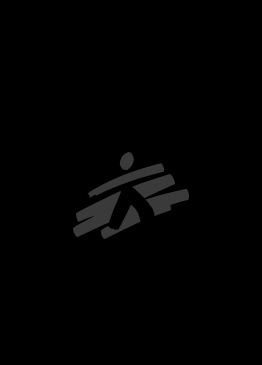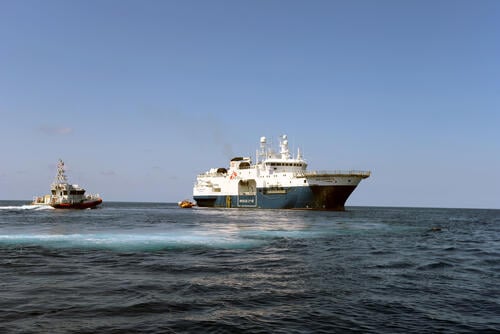Dr Unni Karunakara, International President, Médecins Sans Frontières (MSF)
In February, during a visit to Bolivia, I had the opportunity to tour the Chagas diagnosis and treatment project that Médecins Sans Frontières/Doctors Without Borders (MSF) runs in Narciso Campero province, located in the rural area of Cochabamba, which has one of the highest prevalences of Chagas in the country. During my visit, I talked to both patients and MSF staff and they confirmed that, despite the challenges, diagnosis and treatment of people living in areas far from urban centers is possible.
Unfortunately, the experience in Narciso Campero is just a drop in the ocean when you consider the actual impact of Chagas disease: it is estimated that there are between eight and 10 million cases worldwide and that the disease causes the death of 12,500 people every year, making it one of the parasitic infections with the highest mortality rate in the American continent. In Bolivia, it is estimated that up to one million people are affected, and more than 3.2 million people are exposed to the disease in endemic areas. The situation is even more difficult for those patients who have developed heart or digestive complications due to the disease, since palliative care in these cases is expensive.
Changing this scenario is only possible if governments of endemic countries commit to closing the significant gap between the number of people living with Chagas and those who receive treatment. Latin American states are facing a historic opportunity, more than one hundred years after the discovery of the disease, to finally begin transforming the reality of Chagas patients.
In recent years there has been significant progress. The Drugs for Neglected Diseases Initiative (DNDi) has developed a pediatric formulation of the drug used for the disease, leading to improved treatment for children. The International Federation of Chagas Patients, which allows for those affected to have a platform from which to make their voices heard, and International Chagas Day, which we commemorate today, were recently created. The World Health Organization (WHO) and the Pan American Health Organization (PAHO) have both adopted resolutions recommending the diagnosis and treatment of Chagas be integrated into primary healthcare centers (ie the clinics and hospitals that are closer to the community), and the supply of the existing treatments strengthened with the aim of making access universal in the future. But much remains to be done for these resolutions to be translated into concrete actions.
In this sense, Bolivia can play a key role as a regional leader in the fight against Chagas. Although it is the country with the highest Chagas endemicity, it is also the one treating the largest number of patients, and it has some of the strongest laws regarding the disease. Act 3374 of 23 March 2006, for example, declares as a national priority the fight against Chagas and its prevention in all departments. If, under the leadership of the President of the Republic, the Health Secretary and provincial governors, the country achieves to turn into a concrete reality what the decree proposes, Bolivia can become a role model for the continent.
The great barrier existing today for patients’ access to diagnosis and treatment is the lack of human resources and a sound primary healthcare infrastructure that includes raising awareness and educating both the population and medical staff in charge of providing treatment. Simpler diagnostic tools and better treatments, tailored to the contexts, are needed. New drugs have to be developed to accompany this process; meanwhile WHO and PAHO should support the efforts of governments, ensuring that the necessary drugs are available in all concerned countries. Since 1999, MSF has been working on Chagas, serving more than 7.000 patients in different countries of Latin America and proving that it is possible to provide treatment. Of course, it will take time, work and commitment from the authorities, but the moment to start transforming the lives of millions of patients with Chagas is now.






